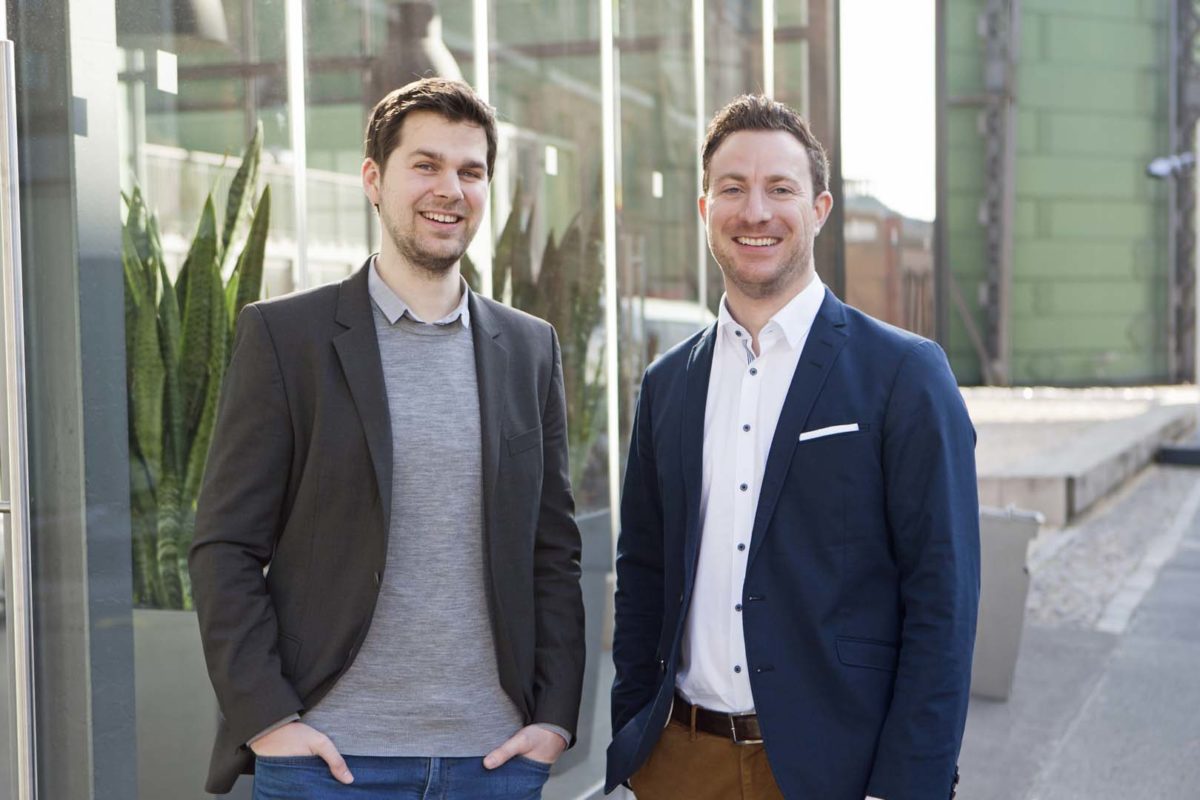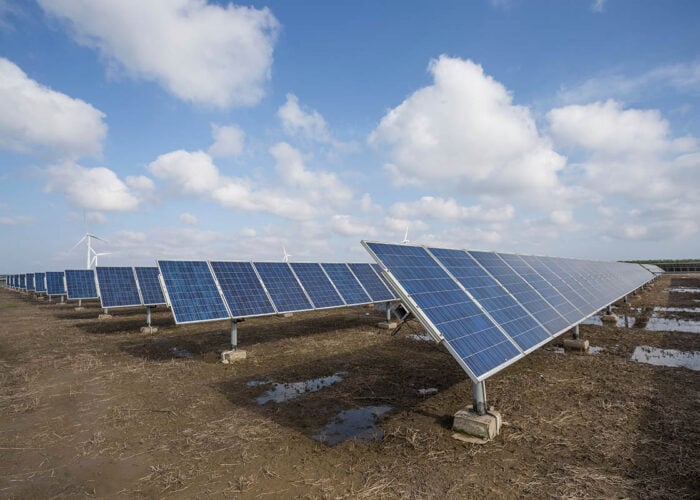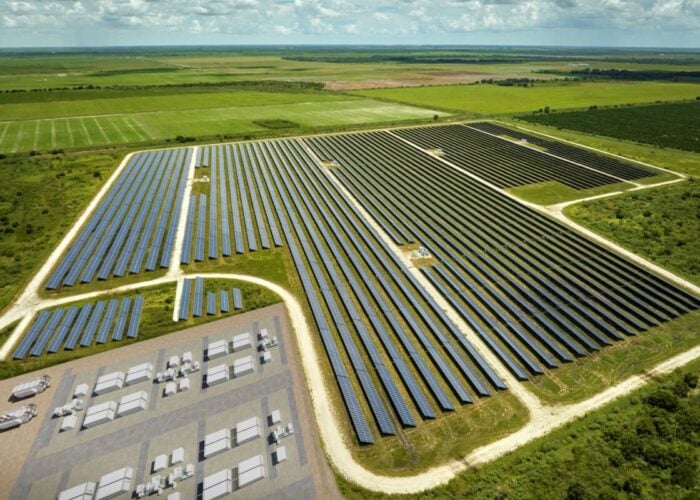
Ecoligo is a Berlin-based crowdfunding start-up for solar projects in Africa’s commercial and industrial (C&I) market. Even though it is a company still very much in its infancy, it is already making waves by providing competitive alternatives to traditional bank loan products and connecting German private investors to tailored off-takers.
PV Tech: Can you tell us a bit more about the company?
Unlock unlimited access for 12 whole months of distinctive global analysis
Photovoltaics International is now included.
- Regular insight and analysis of the industry’s biggest developments
- In-depth interviews with the industry’s leading figures
- Unlimited digital access to the PV Tech Power journal catalogue
- Unlimited digital access to the Photovoltaics International journal catalogue
- Access to more than 1,000 technical papers
- Discounts on Solar Media’s portfolio of events, in-person and virtual
Martin Baart: Ecoligo is a crowdfunding investment platform founded in 2016 and active in the solar markets of developing countries. Right now we are focused on Ghana, Kenya and Tanzania. We recognise that one of the biggest hurdles for solar projects in these markets is the lack of finance; as many companies that want to get on board with solar don't have the capital to pay outright for a system. However, there is no suitable loan available that could be obtained from a bank, as the ones that are have very short maturities and very high interest rates. Ecoligo tries to solve this problem by providing finance for solar projects in these countries, and offering projects to private investors in Germany that can invest small amounts of money to generate an attractive return.
We either provide a loan to a project, or we completely finance a project with equity and become the project operator. In the latter case, we own the system, take care of operation and maintenance (O&M) through local partners and sell the electricity.
What market segments is ecoligo active in?
We are targeting commercial & industrial (C&I) customers and the reason for that is quite simple. Within the residential market it is difficult to provide a loan because there may be the risk of the tenant moving away or even a loss of income. The C&I space however involves larger companies and organisations whose financial risk we can assess before we offer them a contract.
We also found that the C&I space was really neglected by a lot of parties that are active in developing countries. There are always those nice numbers of how many households are connected to the grid and so on, and yet the C&I market is the one that suffers a lot because of power cuts and the high-cost of energy. The cost of energy can make up to 80% of any business expenses in a developing country. We believe that supporting local businesses’ agenda to become more sustainable can actually generate long-term jobs in these countries, and supporting the economy is actually the better development aid.
What is unique about ecoligo’s financing format?
We have a single off-taker agreement with our customers, which is quite different to say, signing a PPA with a utility or the government. Ours is a pure business-to-business (B2B) model and that allows us to be much faster than financing projects where energy commissioning is involved, or liaising with the Ministry of Energy, and so on.
How does this energy off-taker agreement differ from your standard PPA?
It is basically the same, but our PPA price includes O&M, meaning we are generally more cost-competitive than other financiers, as we retrieve financing from crowdfunding investors, which is cheaper than if you would seek an equity investment paired with a loan from a local bank.
We are also very quick. If someone comes to us with a developed project, it takes us around a week to prepare the presentation on the website, and then the financing phase takes just one month. However, on our very first project, it took just six days to get the funding. Our financial close of a project is really quick compared to the lengthy processes of a bank.
What sort of project was that?
It was our very first project that we launched a couple of weeks ago – a 66kWp solar farm in Kenya. We raised €107,000 that funded the first of two solar systems on this Fairtrade certified farm. The crowdfunded security will be in the form of a loan to our partner in Kenya, Ariya Leasing, who are managing the project. We just started a second project for the same farm – a 132kWp system, which is currently in the funding phase. It will shortly be open to private investors from Germany.
How do you go about connecting German private investors to African energy projects?
What we’ve realised is that there are a lot of investors in the German market who are currently looking for investment alternatives. This is because interest rates in the market are really low, and secondly, people want to use their money for something that they believe in. In Germany that is really investing in sustainable projects or sustainable ideas. So for us it is really a matter of finding the right groups. We find them at trade shows, we find them on specific websites that promote investments into alternative energy, we find them through past investments in solar or wind farms, and therefore we are able to build up a community of investors that find interest in the projects that we offer them.
What’s next in the pipeline for ecoligo?
For us it's really important that we are creating a local presence in all those markets, so we're opening up offices in Ghana right now, and we are planning to do so in Kenya and Tanzania, because we believe that the key to success is through engagement with local partners.
Besides working on the projects, we are really working to getting partners on board. In the long-term, we foresee that we will have an online tool for all our partners so they can then log in and present their projects and get a much faster quotation from our side for the project financing.







